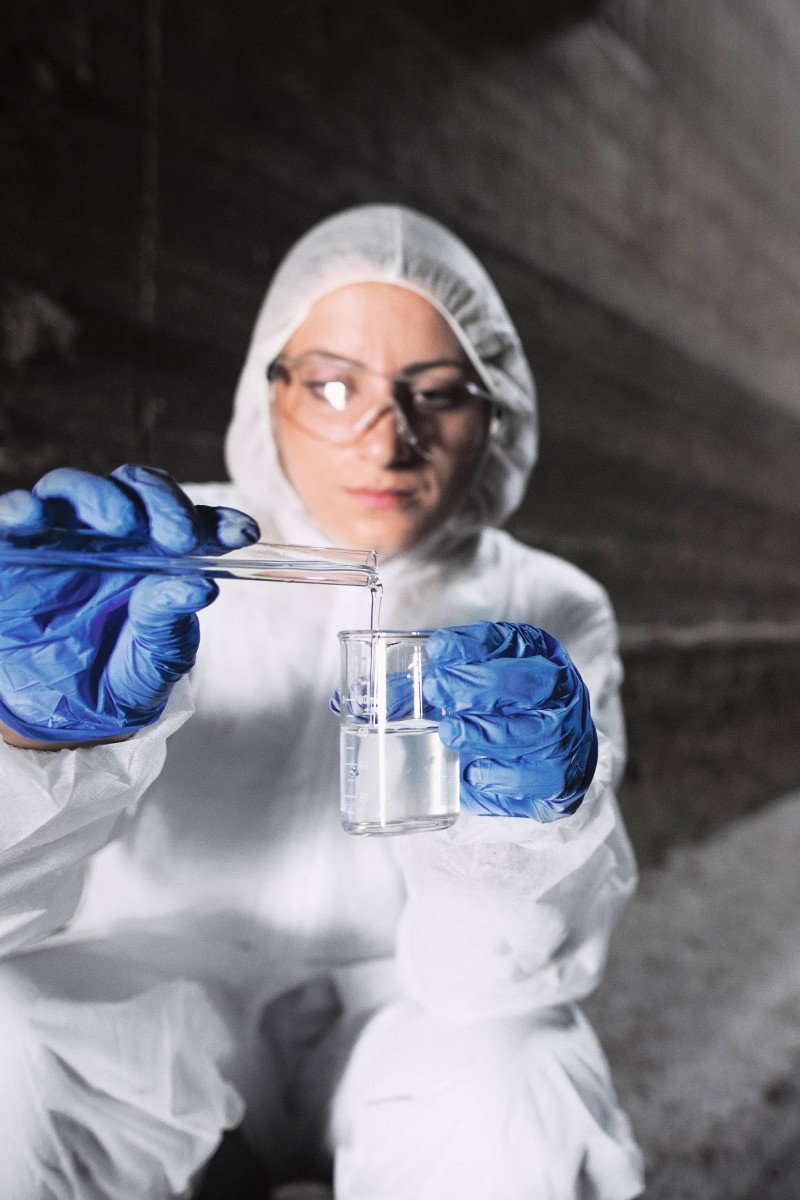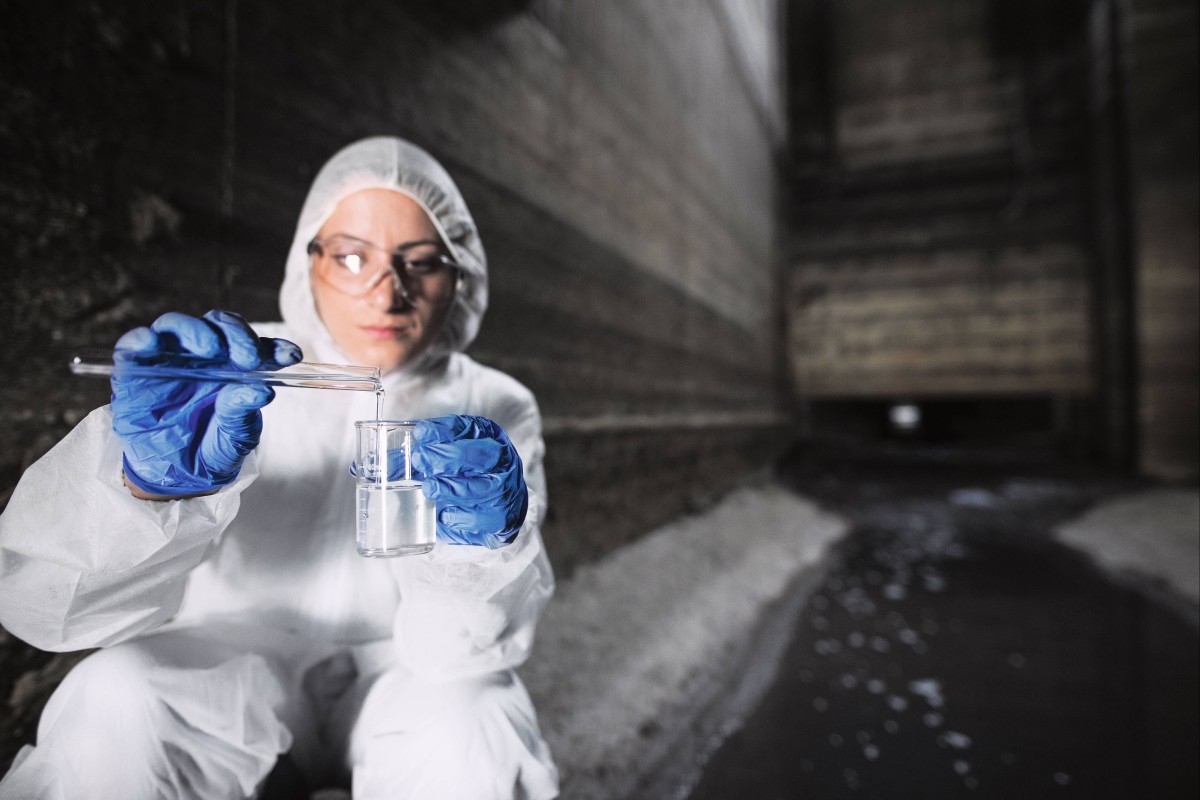
How flushing poop down the drain helps scientists track diseases
Samples from waste water help researchers figure out what viruses are in a community – then, officials can take measures to protect people.
 Scientists can learn a lot from the sewage that flows through our drains. Photo: Shutterstock
Scientists can learn a lot from the sewage that flows through our drains. Photo: ShutterstockThe US city of Las Vegas has a dirty secret.
Whenever a toilet is flushed there or in the surrounding areas in Clark County, the water flows to a facility, the Clark County Water Reclamation District. There, the waste is removed and the water is treated so that it becomes safe for people to drink.
This process recovers more than 416,000 litres of water every day. The treated water is sent back to Lake Mead, and it allows the US state of Nevada to have enough water.
“We’re the Disneyland of poop,” said Bud Cranor, a spokesman for the Clark County Water Reclamation District. “The second happiest place on Earth.”
But these large amounts of waste water are not only helpful for times of drought. They also tell a story about Las Vegas that public health officials are beginning to discover.
By providing the waste water to outside labs, scientists can quickly detect increases in diseases such as Covid-19, mpox or influenza. With this information, officials can issue public health warnings or improve vaccination efforts.
Why is waste water useful?
The county’s water reclamation district provides daily samples of the waste water to researchers. Samples of raw sewage are continuously collected throughout the day.
Dr Cassius Lockett is the health district’s deputy district health officer of operations.
Lockett said that waste water testing was very useful. For example, scientists at the University of Nevada, Las Vegas recently tested manhole covers around the school. They found high levels of mpox. To protect people from the disease, the health district opened a pop-up vaccine clinic in the area.
Without waste water testing, health officials can only learn about an area’s diseases by testing hundreds of thousands of people regularly.
“Waste water helps us determine how much of a virus might be in the community ... and what public health actions we need to take or relax to keep the community safe,” Lockett said.
What diseases can waste water testing identify, and how?
Waste water, or sewage, refers to water from homes and buildings, such as toilets, showers and sinks. Waste water testing can identify diseases that are caused by viruses such as Covid-19 or mpox.
People infected with these diseases can shed tiny pieces of the virus in their poop, which can be found in waste water.
By detecting this, scientists can identify the presence of the disease in the community. This allows the government to act quickly to prevent its spread (see graphic).
Unlike other methods of tracking such diseases, waste water testing does not rely on people visiting a doctor, getting tested or being aware of their illness.